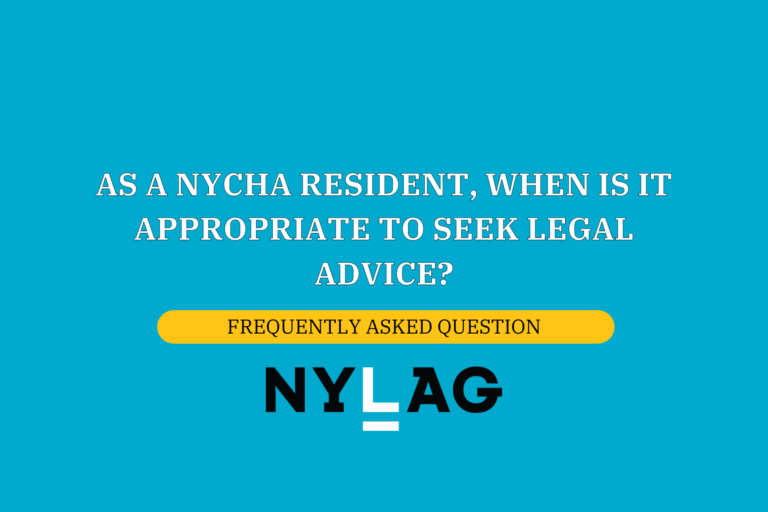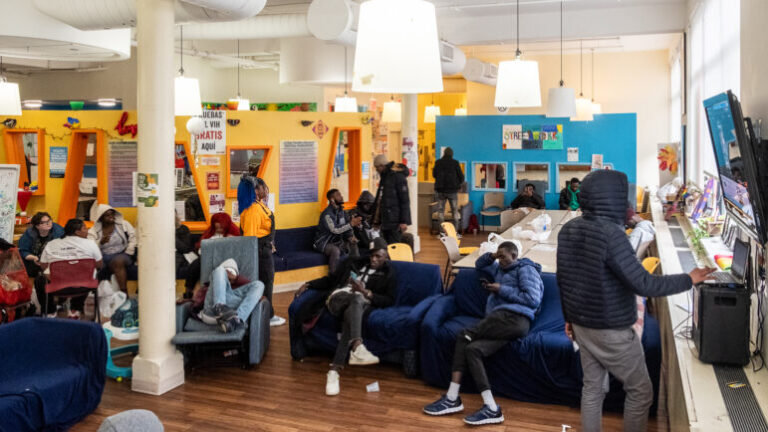By Brian Pascus
Crain’s New York Business
Area landlords are up in arms about a proposed rent moratorium. Property owners argue any type of broad measure could lead to a domino effect of missed payments.
“I don’t think there should be a moratorium on all payments,” said Alan Hammer, a real estate attorney at Brach Eichler, and owner and operator of more than 80 buildings in New Jersey and eastern Pennsylvania. “For the system to work, you can’t just paint with a broad brush. The system needs money in it.”
But that money might dry up Wednesday, the day rent is due.
“You’re going to have a whole universe of people who will not pay their rent on April 1,” said Jonathan Fox of the New York Legal Assistance Group.
Last week the state Department of Labor announced more than 80,500 people applied for unemployment benefits. As Crain’s has reported, nearly 10% of the city’s workers—500,000 people—across all sectors of the economy are expected to be unemployed soon. An estimated 130,000 restaurant workers already have lost their jobs.
Gov. Andrew Cuomo on March 19 suspended mortgage payments for 90 days for those affected by Covid-19. The suspension does not apply to commercial real estate loans against a property, however. The governor also put a moratorium on evictions for commercial and residential tenants for 90 days, calming the fears of some, who feared tenants and business owners would be put out on the street during the pandemic.
Property owners in particular view any form of a rent moratorium as having a dire impact on the broader economy.
Hammer said that in the apartment business, landlords don’t pocket all the rent. Mortgages take up 20% to 40% of the income, and utility costs take 15%. Then there’s quarterly tax due May 1, as well as various real estate taxes that help municipalities pay for teachers and public safety.
“A lot of that rent money goes back into the system,” he said. “It’s not like we take it all home.”
Debbie Riegel, a real estate lawyer at Rosenberg & Estis, says shifting a tenant’s inability to pay to landlords will create a situation of landlords unable to pay their lenders or contribute to the city and state tax rolls.
“Many places in the state base property tax off rent rolls,” Riegel said. “When the tax revenue isn’t coming from commercial or multiple-family properties, it means the other classes of taxpayers need to pick it up. It means shifting the burden to other taxpayers and municipalities.”
Industry experts’ concerns aren’t stopping one member of the state Senate from promoting a rent moratorium. This month Sen. Mike Gianaris put forward a bill that would offer 90 days of rent forgiveness to those who have lost work due to the crisis. The bill also would apply to small businesses and include the extension of mortgage forgiveness to landlords in distress.
“I view this as a first step, not a last step,” Gianaris said. “I’m trying to start at the bottom of the ladder and provide some protection for people who are most in need, and hopefully soften the landing for the entire state.”
He said any broader economic consequence, whether to lenders or landlords, real estate companies or investors, should be handled by the federal government.
“I think if banks are in distress, we can certainly expect the federal government to step in, as they did over 10 years ago,” he said. “The federal government doesn’t tend to focus on the average working person.”
Others seem to be following Gianaris’ lead. He said he already has 22 cosponsors in the state Senate, and U.S. Sen. Bernie Sanders of Vermont has tweeted out support of the bill. Last week Mayor Bill de Blasio said he would be working with the state “immediately” to suspend the rent guidelines process, a move that would give him the legal authorization to freeze rent payments.
Gianaris said a rent moratorium could be issued by Cuomo simply by executive order, and said he will push the bill to his colleagues tomorrow, when the Senate is in session to vote on the budget.
Although the measure might make sense to tenants, property owners and their advocates are united against Gianaris’ bill and de Blasio’s rent freeze.
“I think it’s irresponsible for a state senator to put out some kind of bill right now when we don’t know the extent of this virus,” said Chris Athineos, owner of nine buildings in Brooklyn. “We don’t know if we’ll be back to work in two months or six months.”
Hammer noted that tenants are now at home all the time. When they need a pipe fixed, he said, landlords must pay the plumber. If someone’s heat isn’t working, the landlord is the one who must pay to have it fixed.
“It would be helpful for everyone who can spend money and pay bills to do it,” he said.
Originally published in Crain’s New York Business on March 30, 2020.








